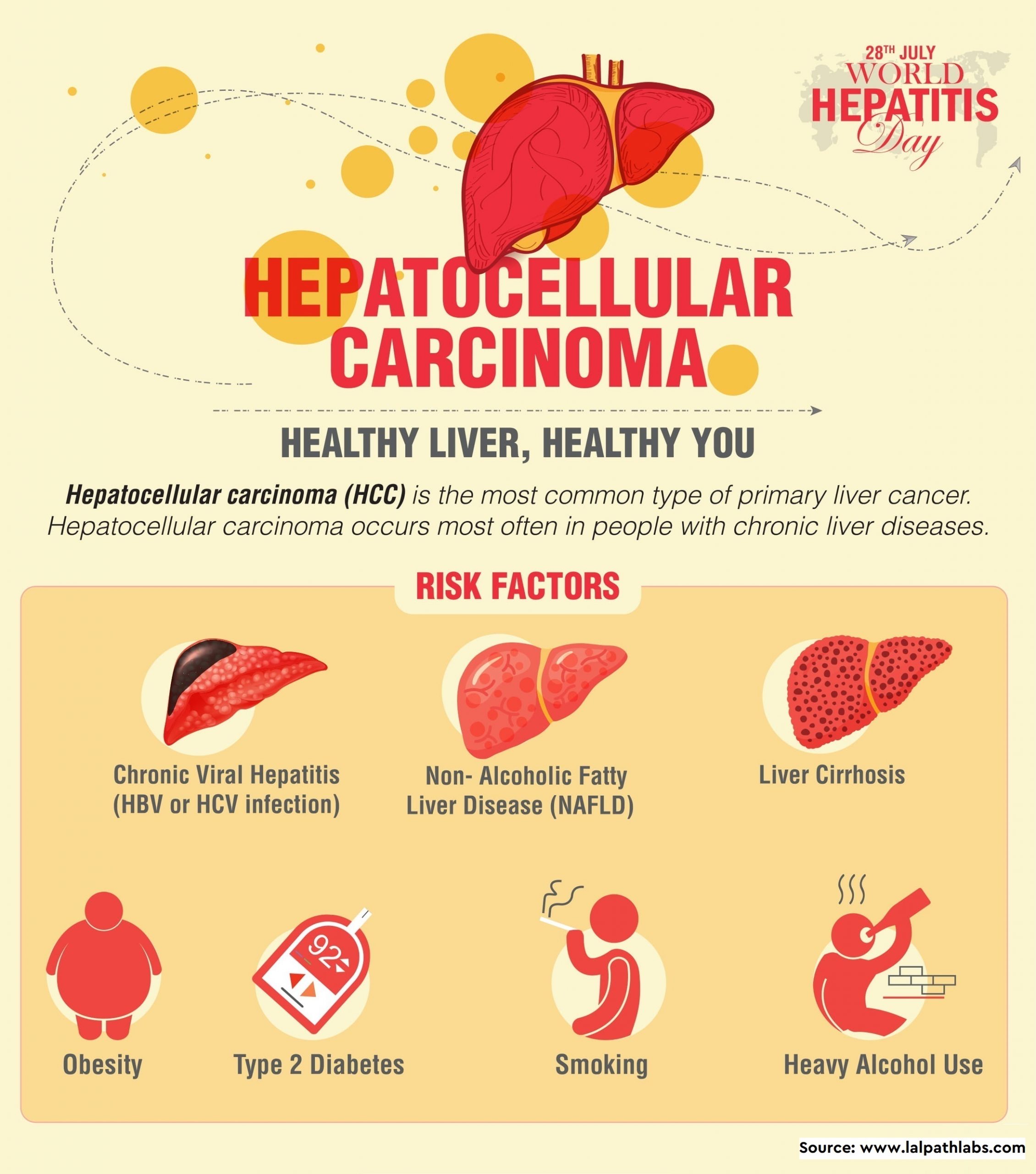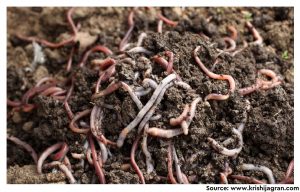Hepatocellular carcinoma (HCC) is the most common type of liver cancer and a leading cause of cancer-related deaths globally. HCC is most likely caused by chronic liver disease due to chronic viral hepatitis and alcohol abuse. The risk of HCC development rises with a condition known as liver fibrosis, and the later stage of it is termed as liver cirrhosis, where the liver tissue is scarred. Within five years, the cumulative risk of developing HCC in patients with pre-existing cirrhosis ranges from 5% to 30%.
The widespread rise of multidrug-resistant organisms (MDRO) like vancomycin-resistant Enterococcus faecalis/faecium (VRE) has made treatment and isolation in health care more challenging. MDRO-colonization has been demonstrated to have a negative impact on survival in patients with solid tumours, including liver disease. This retrospective cohort study was carried to determine the incidence of MDRO colonization in HCC patients and how it affects their clinical course and overall survival duration.
This study covered all patients diagnosed with confirmed HCC at the University Hospital Frankfurt, Germany, between January 2008 and December 2017. Around 6% colonized patients were found, and frequently found MRDO was extended-spectrum β-lactamase-like phenotype (59%) followed by vancomycin-resistant Enterococcus faecium with 37%. Patients with colonized HCC tended to have more advanced cancer disease and worsened liver function. In patients with HCC, MDRO colonization is an independent risk factor for survival.
To learn more, visit the website of Springer (Link).







